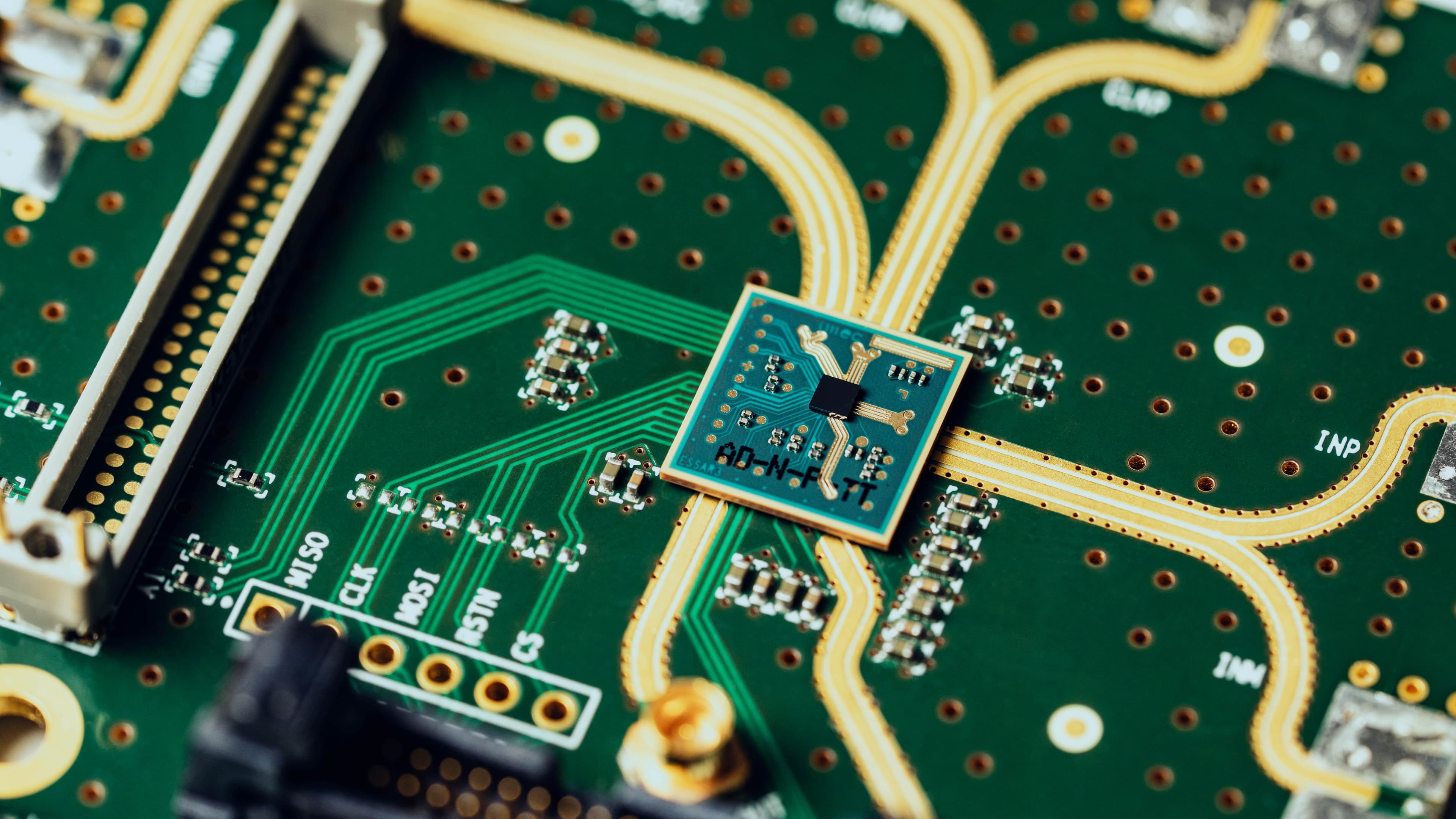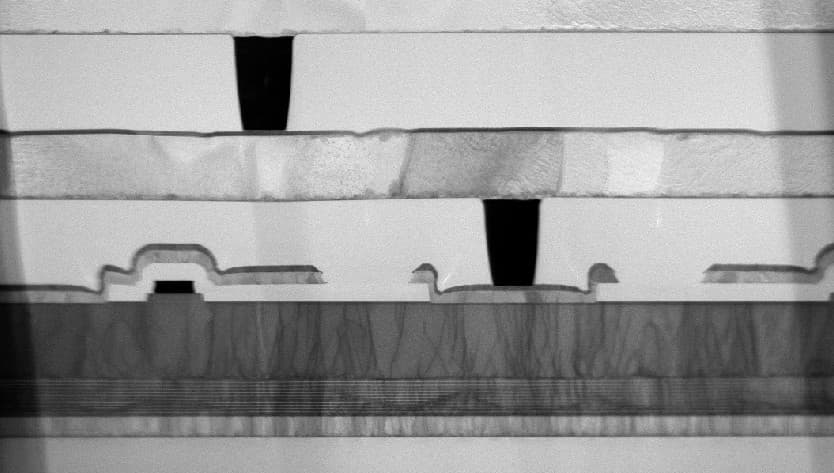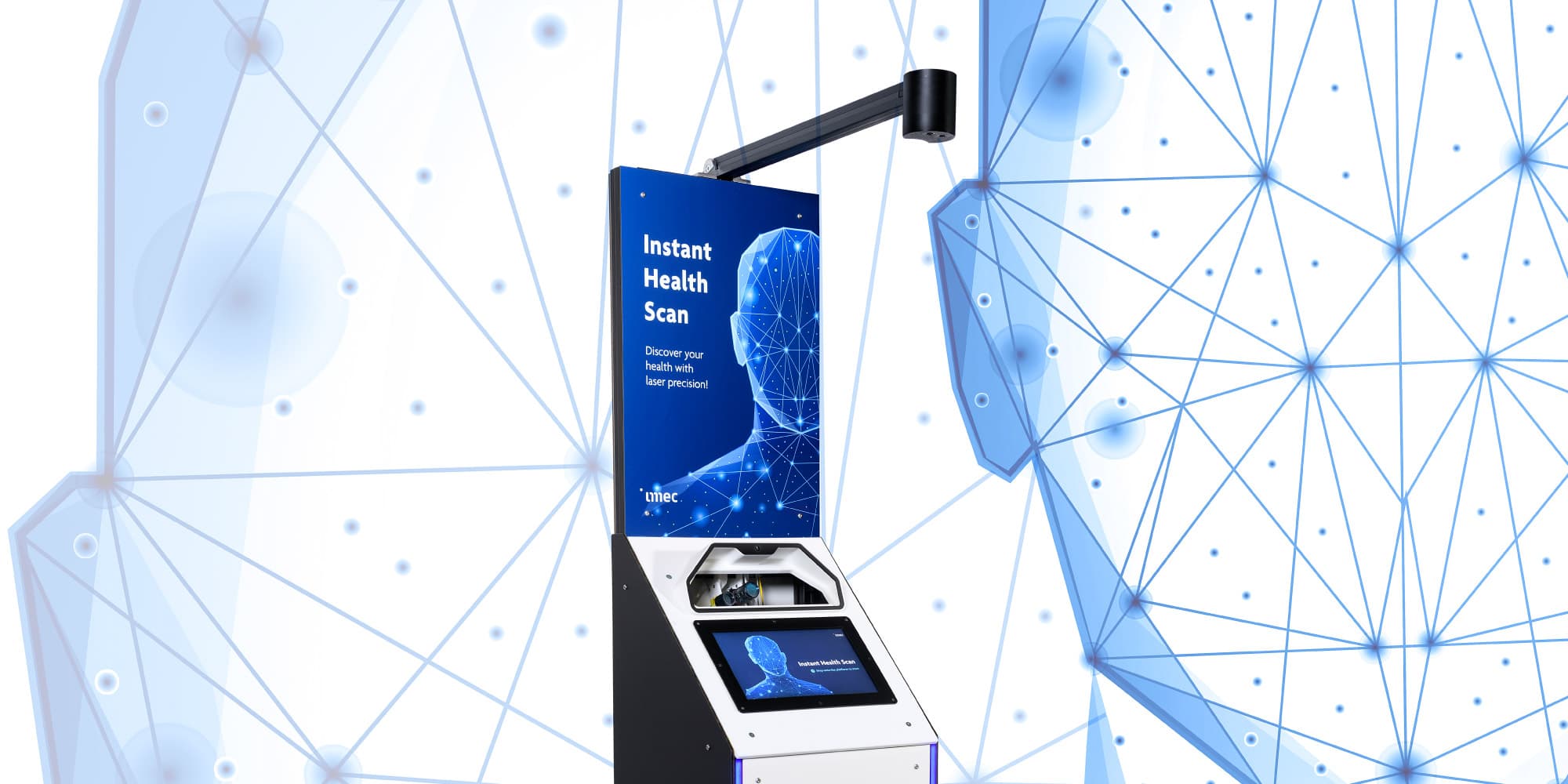
SmartWaterWay
Enabling autonomous barges in urban waterways through low-cost sensor systems
The volume of roadway traffic is steadily increasing in Belgium despite the introduction of tolls. Consequently, there is a strong focus on increasing quality of life in urban areas by moving last-mile logistics (LML) to local waterways. To drive this modal shift, the SmartWaterWay project will make autonomous pallet shuttle barges cost effective in urban settings by combining low-cost onboard sensors with onshore sensors equipped at bridges, locks and bays.
Autonomous cargo vessels are expensive
The benefits of encouraging more logistical waterway traffic are threefold: higher-volume cargo flows to end consumers, lower road congestion and a reduction in greenhouse gas emissions. However, current solutions involving unmanned cargo vessels (UCVs) are expensive, limiting the application of these solutions in small pallet shuttle barges (PSBs).
Blending on-board sensor data with sensor-equipped infrastructure
The SmartWaterWay project aims to make autonomous shipping using PSBs profitable for logistics companies. It will use low-cost alternatives for communication, positioning and sensing to cut automation costs to EUR 100,000 or less. Additional data from sensing and localization infrastructure at key waterway locations – combined with remote monitoring of 4-5 UCVs by a single captain – will enable simpler navigation, offset the costs of infrastructure sensors and unlock and significant cost savings by eliminating the need for crew.
A dynamic localization solution that meets societal needs
The multidisciplinary SmartWaterWays consortium is made up of regulators and experts in communication, sensors, machine learning, localization, logistics and socio-economic impacts, among many other domains. They will achieve several innovation goals, including:
- Develop a low-cost communication, sensing and localization solution without compromising on industrial standards.
- Build a new model of the world by mapping data from diverse sources to 2D navigational maps and create a control model for autonomous navigation.
- Enable reliable low-latency wireless communication that uses different types of wireless networks depending on location.
- Analyze the socio-economic feasibility of urban logistics that relies on unmanned cargo vessels.
Demonstrated in an urban, waterway-dense location
The outcome of the project will be an automated PBM and sensor-equipped onshore infrastructure located along a waterway route in the urban zone of Ghent, Belgium. Industry partners will benefit from the leap of knowledge by opening up new market segments, lowering costs through automation and new low-cost localization solutions.
“To drive the shift from roadway to waterway-based logistics, the SmartWaterWay project will make autonomous pallet shuttle barges cost effective in urban settings by combining low-cost onboard sensors with onshore sensors equipped at bridges, locks and bays.”
SmartWaterWay
SmartWaterway will make autonomous pallet shuttle barges economically viable for urban logistics by combining low-cost onboard sensors with onshore sensors at critical locations (i.e. bridges, locks & bays).
SmartWaterWay is an imec.icon research project funded by imec and Agentschap innoveren & ondernemen.
It started on 01.12.2019 and ended 28.02.2022
Project information
Industry
- Seafar
- Blue Line Logistics
- Citymesh
- Pozyx
Research
- imec – IDLab IBCN – UGent
- imec - IDLab Data Science Lab – UGent
- imec – IDLab – UAntwerpen
- UAntwerpen - TPR
Contact
- Project lead: Louis-Robert Cool
- Research lead: Peter Hellinckx
- Proposal Manager: Siegfried Mercelis
- Innovation manager: Eric Moons












